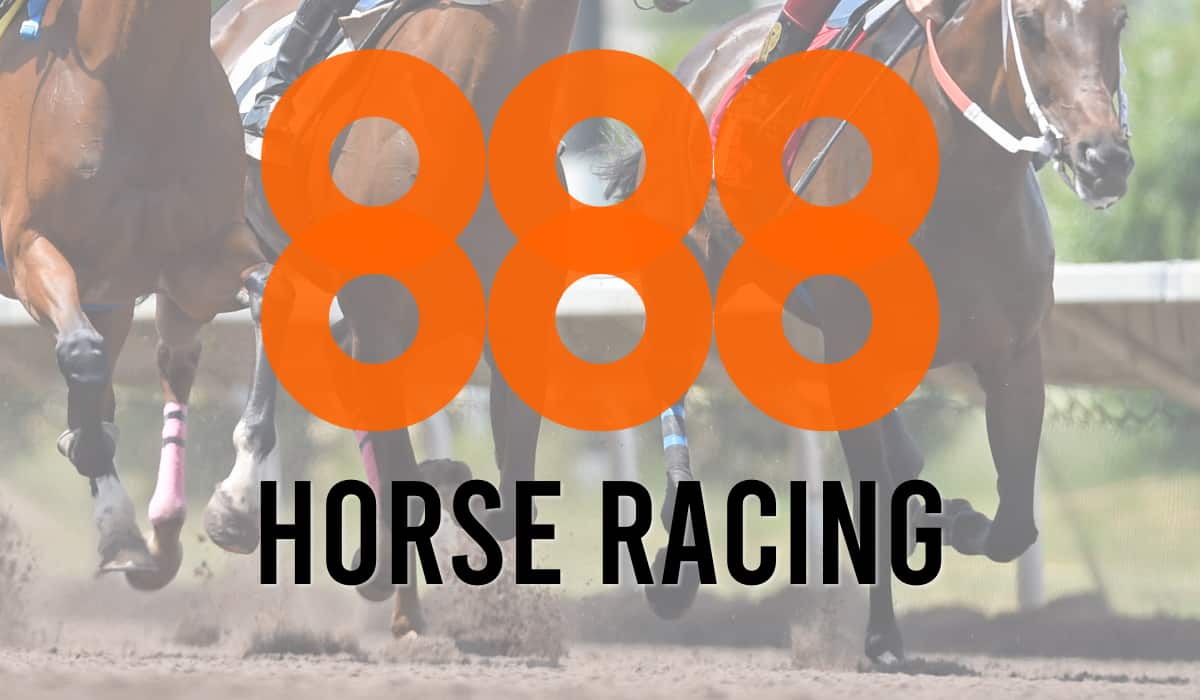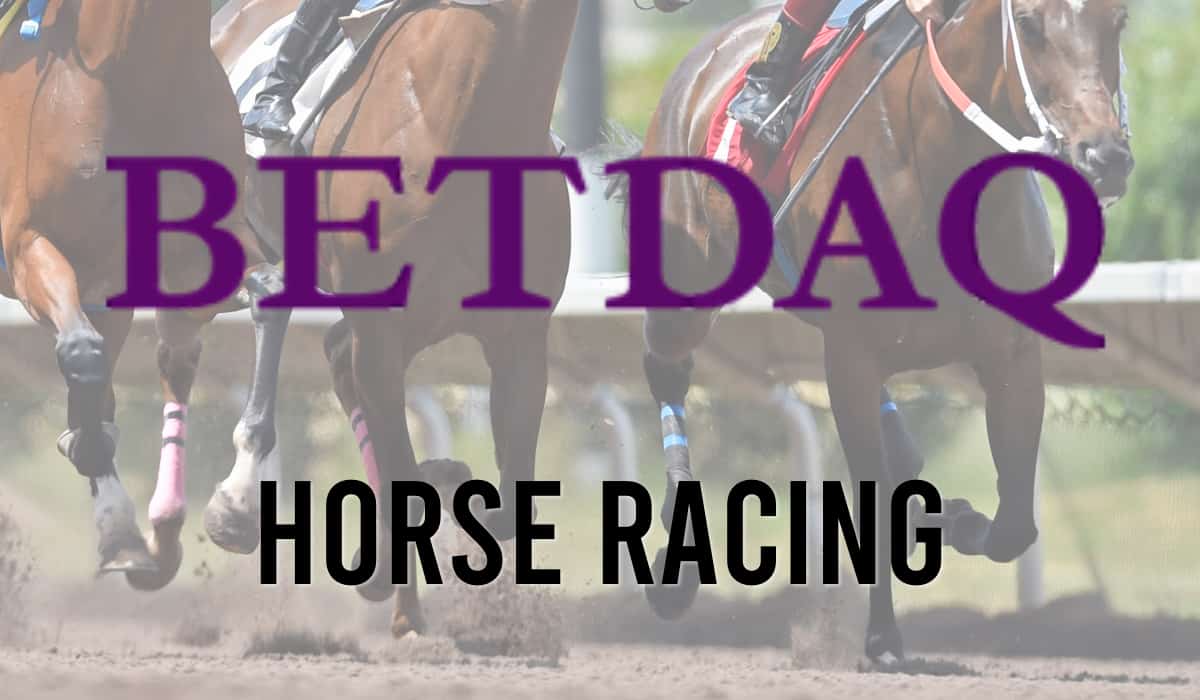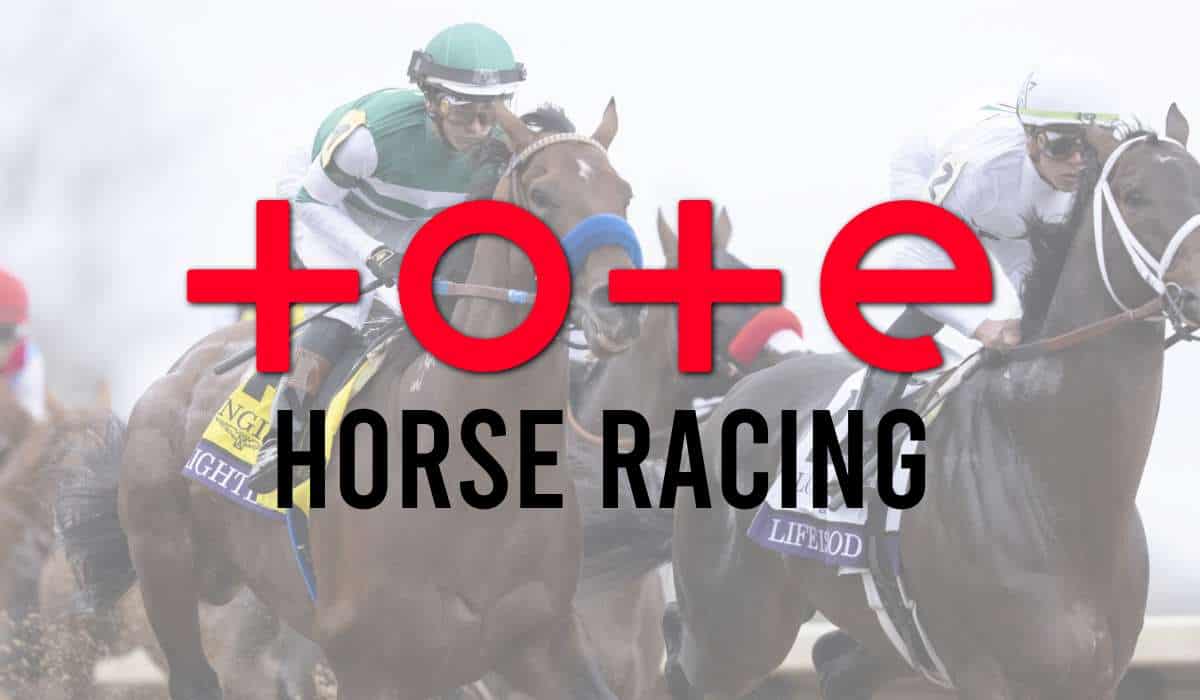Matched betting is used by punters to make money from bookmakers, using free promotional bets offered by the bookies.
Matched betting represents no risk for the punter and a potential loss to the online bookmaker. This technique is totally legal and uses spread betting (betting on multiple eventualities to cover all outcomes) so that a punter does not lose their money.
Matched betting is completely legal in the UK – it’s up to an online betting site if they want to give free bets after all – and is a legitimate way of winning money as long.
Find out more about bet matching and matched betting today:
Contents
- 1 What is Matched Betting?
- 2 Matched Betting UK Law
- 3 How do Bookmakers View Match Bets?
- 4 Is There a Punishment for Match Betting and Betting Matches?
- 5 How Can Gubbing be Avoided?
- 6 Is Match Betting Worth It?
- 7 Is Matched Betting Risk-Free?
- 8 Frequently Asked Questions About Matched Betting
- 9 Summary of Matched Betting
- 10 Recommended Online Betting sites:

What is Matched Betting?
Match betting is a technique that ensures punters can take advantage of betting promotions without the risk of losing their own actual money.
Generally, a bet of this type is normally placed during a promotion, where a punter is given a free bet and good odds from their online bookie; you can then use different techniques to make sure you have no chance of losing.
This is done by spread betting on different outcomes – using actual money and the free bet – to ensure that there is absolutely no possibility of being at a loss as you are guaranteed to at the very least, break even.
Matched Betting UK Law
The law in the UK has nothing against matched betting it is totally legal; how an online betting customer uses an official free bet is entirely up to them.
Graham Sharpe from William Hill racing states, “There’s no illegal element. It’s a free bet and you can do what you like”.
One bookmaker did attempt to make match betting illegal but fortunately did not succeed.
The only thing that is not legal is creating more than one account with the same bookmaker or using different names to match bet. This could potentially get you in trouble for fraud so be very careful.
How do Bookmakers View Match Bets?
Bookmakers are a business, and no business likes to lose money. However, most of the main horse betting sites are hugely profitable businesses. The amount of people who win substantial money from them on matched events is small and is never going to impact these profits massively, so although they won’t particularly like it, they aren’t too concerned – otherwise, they simply wouldn’t offer free bets to start with!
That said, it is something that all online bookies will keep an eye on. If they do notice or feel that a customer is taking advantage of their free bets, they could close the account or stop offering the promotional free bets to that person. The applies if they know you hold multiple accounts to take advantage of free bets.
Bookmakers obviously have every right to do this under the law – they can choose who they want to do business with.
If a bookmaker decides to shut down your account, there are plenty of other sites out there offering free bets, so it will just be a case of moving onto the next one.
Is There a Punishment for Match Betting and Betting Matches?
There is no formal punishment for matched betting. It is very unlikely that the bookmakers will be able to identify which accounts are genuine gamblers and which belong to matched bettors or people who practice matched betting professionally.
That said some bookies have access to top of the range technological features. This can provide accurate and clear information regarding account activity that can identify fraudsters and in some cases match bettors.
Although, there is no legal punishment if you are seen as a persistent “match bettor”, they could close down your account as mentioned. This is known as “gubbing”. You will be notified by email and will have time to withdraw any funds from your account before the limitations or shut down of your account can proceed.
Find out more about gubbing in our blog – what is gubbing?
Account Restrictions Of Match Bettors
If an online bookmaker decides not to ban you, they could impose other restrictions instead – such as a max stake restriction. This will prevent you from placing bets over a certain stake, or they will provide you with limited and reduced odds. These are odds that are lower than other bookmakers, in essence, to try and get you to move accounts.
The bookies may also enforce promotional restrictions to your account, which will prevent you from accessing promotions and free bets. This is probably the worst-case scenario, as it is these free bets that would normally allow you to take full advantage of the bookmakers with matched betting and make a profit.
How Can Gubbing be Avoided?
You can avoid gubbing by occasionally “mug betting”. This is making yourself look like a regular customer. Mug betting is essentially placing a few poor bets that deliberately lose – to throw a bookmaker off your scent.
Account activity for a matched bettor may be flagged up because the account is constantly making a profit, even though it is a legal practice.
Mug betting may include placing a few bets per month in the casino (where there is a high chance you will lose your bets). Alternatively, it’s placing regular bets on the same team and wagering money on popular events. These small tricks will help blend your account into the regular punters and not stand out.
Some match bettors find the simple process of placing at least three mug bets for every promotion taken the best version to follow. However, there are many other tried and tested versions out there.
Is Match Betting Worth It?
It is most certainly worth it and many tipsters like to promote these type of bets and give their followers the chance to make some money without having to risk anything. The fact you do not need to put anything on the line means that it is always worth a go.
You will be advised on the best way to do this prior to placing your matched bet by such a tipster. It is definitely worth venturing into matched betting and it’s one way that can genuinely work in outsmarting the bookies.
Is Matched Betting Risk-Free?
In short, no, it is not completely risk-free.
If you are betting on a football match and you put money on both a win and a loss for a particular team, but the match ends in a draw, then you’ll lose money. So if the event has more than two outcomes, you need to be careful as there could be a risk.
Ensure you understand the type of bet and what is required, then you could possibly reap the rewards and at very least break even. It can be hard to believe – but when done properly, you have the chance to win money online and there is no risk.
The amount you can win varies on the restriction put on the promotion and the odds that are given.
Frequently Asked Questions About Matched Betting
Here are the most popular questions we get asked about matched betting:
Is Matched Betting Safe?
No form of betting is completely safe and it would be irresponsible to say differently, but essentially betting with free bets and spread betting certainly reduces the level of risk for the punter.
Is Matched Betting Still Worth it in [YEAR]?
Yes match betting is still worth it in [YEAR] and you should always take advantage of free bets from bookmakers.
Is Matched Betting Legal in the UK and US?
Yes matched betting is perfectly legal in UK and US, how a customer decides to use an official free bet from a bookmaker is up to them. A bookie may have certain restrictions but there are no legal restrictions on match betting.
Is Matched Betting a Scam?
No matched betting is not a scam, it is a method of using free bets to reduce overall risk when betting online.
Why do Bookmakers Allow Match Betting?
Bookmakers allow matched betting as it’s a way of making people deposit and bet with them. Free bets are a great perk of a betting account and help to keep current customers happy and coming back.
Summary of Matched Betting
Matched betting is essentially the method of using free bets from a bookmaker to place bets and minimise potential losses.
It is a perfectly legal practice and although bookmakers will obviously prefer not to generally lose bets, the amount they stand to lose with matched betting is small in comparison to their overall business and profits.
Recommended Online Betting sites:
Check out these great new betting sites today:
- 10bet Horse Racing

- 32Red Horse Racing

- 888 Horse Racing

- bet365 Horse Racing

- BETDAQ Review

- Betfair Exchange

- Betfair Horse Racing

- Betfred Horse Racing

- BetMGM Horse Racing

- BetUK Horse Racing

- BetVictor Horse Racing

- Betzone Review

- BoyleSports Horse Racing

- Coral Horse Racing

- Fansbet Horse Racing

- Ladbrokes Horse Racing

- LeoVegas Horse Racing

- LiveScore Bet Horse Racing

- MansionBet Horse Racing

- Mr Play Sport

- Paddy Power Horse Racing

- Quinnbet Horse Racing

- Racebets Horse Racing

- SBK Sports Betting Review

- Sky Bet Horse Racing

- Smarkets Horse Racing

- Spreadex Horse Racing

- Tote Horse Racing

- Virgin Bet Horse Racing

- William Hill Horse Racing
